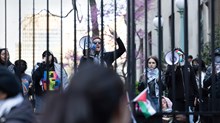
African American pastors are less likely than white pastors to believe that the gospel mandates racial reconciliation, but more likely to be actively involved in reconciliation efforts, according to a new LifeWay Research survey of 1,000 Protestant senior pastors.
More than three-quarters of white pastors (77%) strongly agree that racial reconciliation is a gospel mandate, while only two-thirds of African American pastors (64%) say the same. Meanwhile, more than half of African American pastors (53%) strongly agree that their church is personally involved with racial reconciliation at the local level, while only one-third of white pastors (32%) say the same.
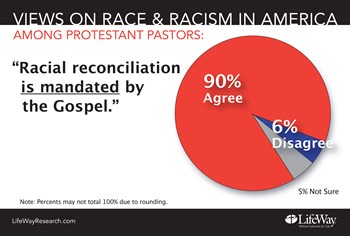
Overall, 72 percent of pastors say their church is personally involved in racial reconciliation, and 90 percent of pastors strongly or somewhat agree that racial reconciliation is mandated by the gospel, the LifeWay study found.
Among the many other findings: About three-quarters of evangelicals (74 percent) say religious leaders play a positive role in US race relations, compared to 61 percent of other Americans. But evangelicals are slightly less likely than other Americans to say racial diversity is good for the country (80 percent vs. 89 percent). [More infographics are below.]
The study, released as evangelical leaders including John Piper, Bryan Loritts, Matt Chandler, Darrin Patrick, and Derwin Gray convene today for a Kainos conference on churches and race relations in Memphis, Tenn., follows a wave of studies examining race and religion in America.
CT has noted the growing gap in how black and white Christians think about race since 2006, including who thinks "separate but equal" is sufficient and who wants to stop talking about race altogether.
In its own examination of data from the 2012 General Social Survey, CT found that, on several race-related variables, there was no distinguishable difference between the general population and evangelicals who attend church at least once a week. Churchgoing evangelicals are not significantly different from the average American on race issues, including the likelihood of: being close friends with a white or black person; thinking blacks should be able to “overcome prejudice and work their way up;” thinking the government should offer race-based special treatment; or supporting affirmative action hiring preferences.
Earlier this year, Marvin McMickle, a pastor and president of Colgate Rochester Crozer Divinity School, related how he had visited a different church every other week for three years and found most segregated, with racial demographics of congregations typically at 99 percent white or black. The Association of Religion Data Archives (ARDA), which reported the research, also noted a study by Baylor researchers finding that minority racial groups in congregations were less likely to have close friends or feel they belonged to their congregations.
More than 8 in 10 pastors (86 percent) say their congregation is made up of one predominant racial or ethnic group, according to a LifeWay study released in January. In 2010, the National Congregations Study found that predominantly white congregations became slightly more diverse in the decade from 1998 to 2007, while African American congregations saw no change in congregational diversity.
The Kainos conference was put together “in light of recent events in Ferguson, Missouri, Cleveland and New York” in order to focus on “race, the church and where to go from here,” said the press release for the event. ”We want to boldy declare there is hope,” said Loritts, who organized the event.
[The full conference, viewed by 20,000 people representing 60 countries, can be watched here.]
Meanwhile, Southern Baptist Convention President Ronnie Floyd has launched his own racial reconciliation initiative, signed by 20 additional SBC pastors from white, black, Asian, Native American, and Latino communities and calling the denomination to repent of racism and unify in love. Baptist Press reports the details.
“The time is now for us to rise up together and cry out against the racism that still exists in our nation and our churches, and the subsequent injustices," Floyd wrote on his blog. Race relations will also be the new focus of the Southern Baptist Ethics and Religious Liberty Commission leadership summit in March, changed recently from a theme of developing a pro-life ethic.
CT noted how Christians reacted to Ferguson, while CT blogger Ed Stetzer (who is moderating today's Memphis conference) noted how Christians should respond and why readers should still care about Ferguson and CT blogger Derwin Gray (who is speaking at today's conference) noted Ferguson and the cross.
CT also previously reported how surveys misrepresent the ethnic diversity of evangelicals.
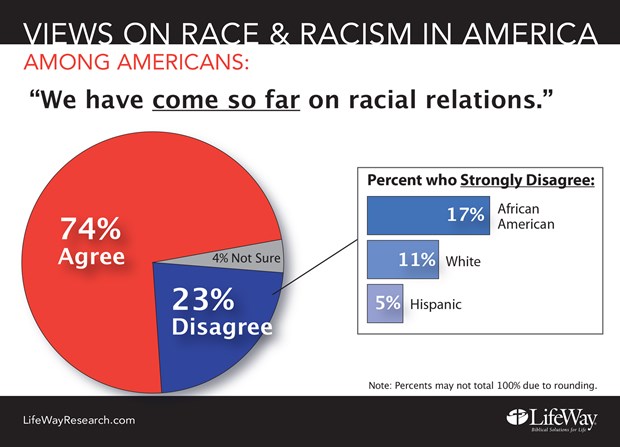
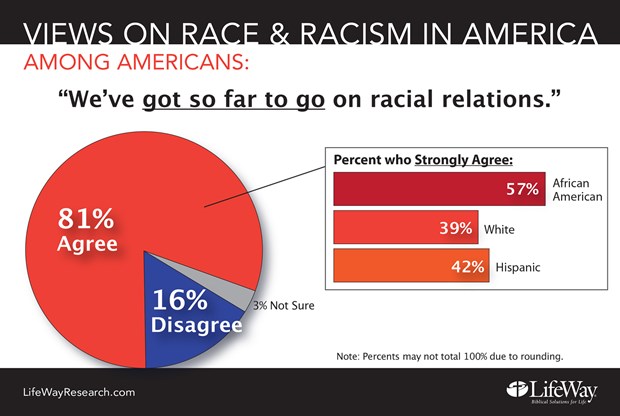
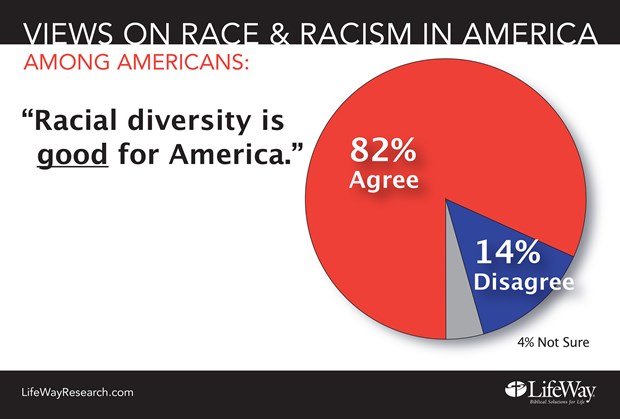

Support Our Work
Subscribe to CT for less than $4.25/month











